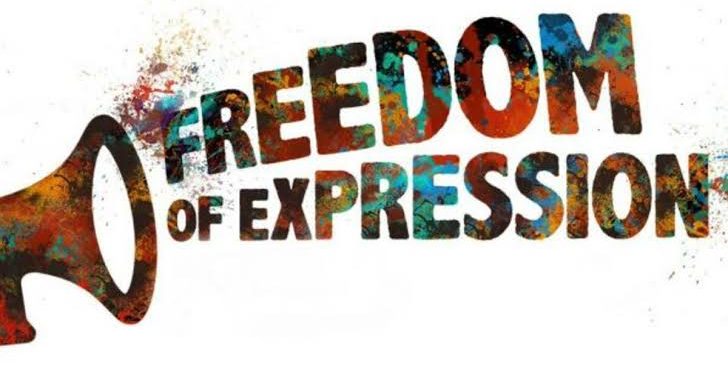In a joint call, three prominent freedom of expression and media development organizations have urged the Federal and State Governments to take immediate and comprehensive measures to ensure universal access to the Internet for all citizens.
The groups emphasizes that access to the Internet has evolved from a convenience to a fundamental prerequisite for full citizenship and participation in modern society.
The joint statement, signed by Dr. Akin Akingbulu, Executive Director of the Centre for Media and Society (CEMESO); Mr. Lanre Arogundade, Executive Director of the International Press Centre (IPC); and Mr. Edetaen Ojo, Executive Director of Media Rights Agenda (MRA), was issued in commemoration of the International Day for Universal Access to Information (IDUAI).
The organizations implore the government to bridge the digital divide by exploring innovative solutions to provide universal and affordable Internet connectivity to all citizens, regardless of their location or economic status.
Highlighting the urgency of universal Internet access in the digital age, the organizations noted that many countries in Africa and around the world already provide high-quality Internet connectivity to their citizens, making it unacceptable that millions of Nigerians continue to lack this essential resource.
The joint statement reminds that Nigeria co-sponsored a United Nations Human Rights Council resolution in 2012, which called on all states to promote and facilitate access to the Internet. It is emphasized that, despite Nigeria’s role in initiating this idea, more than 11 years later, the country has no policy or plan in place to realize this goal for its own citizens.
The organizations also referred to the Declaration of Principles on Freedom of Expression and Access to Information in Africa, which obligates African Union member states, including Nigeria, to ensure universal, equitable, affordable, and meaningful access to the Internet without discrimination.
They argued that while a significant portion of Nigeria’s population enjoys the benefits of the online world, there remains a sizable segment of society excluded and marginalized due to a lack of Internet access. This raises questions about the status of these individuals as citizens in a digital age where many public services and benefits are only available online.
This year’s celebration of the International Day for Universal Access to Information underscores the importance of the online space for access to information, highlighting the critical role the Internet plays in exercising rights to freedom of expression and access to information.
The organizations stressed that those without Internet access are unjustifiably denied full citizenship rights and benefits in the digital age. They urged Federal and State Governments to use this occasion to commit themselves to rectifying this situation.
Additionally, they called on the government to bolster public trust and confidence in the Internet by ending attacks on journalists, bloggers, and other online citizens, citing such practices as violations of the right to freedom of expression and the spirit of the 2012 UN Human Rights Council resolution co-sponsored by Nigeria.
The organizations also appealed to the government to protect vulnerable groups, including children and adolescents, online by implementing appropriate policies, legislation, media literacy programs, and other measures.
As Nigeria launches 5G telecommunication networks and services, the organizations called for special care to ensure that the technology bridges rather than exacerbates the digital divide, with an emphasis on affordability for ordinary citizens.

